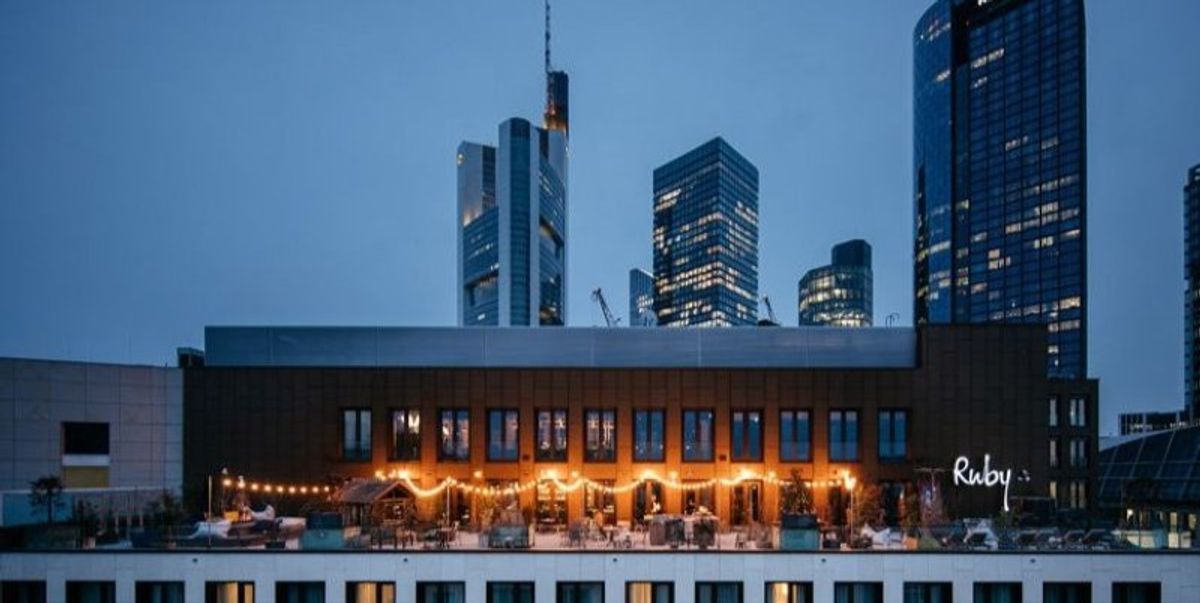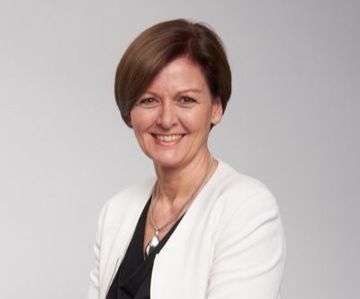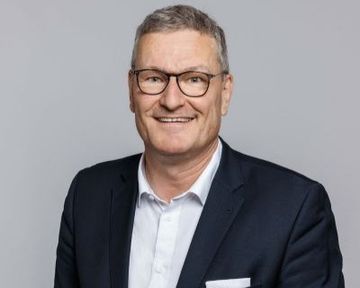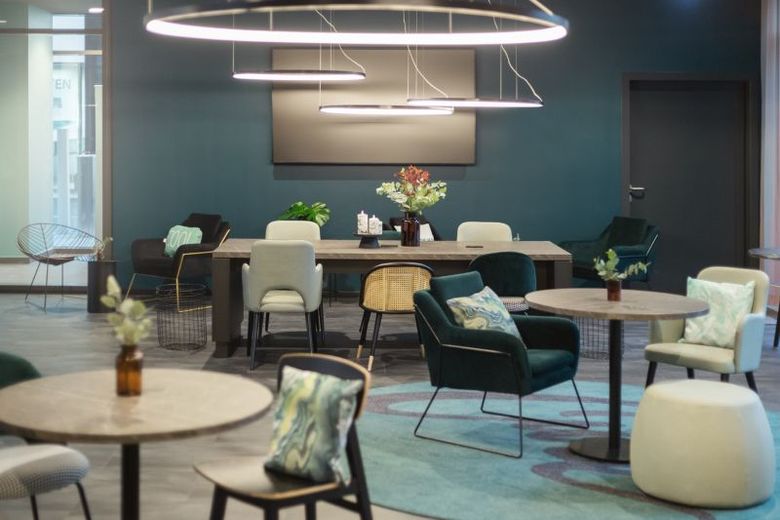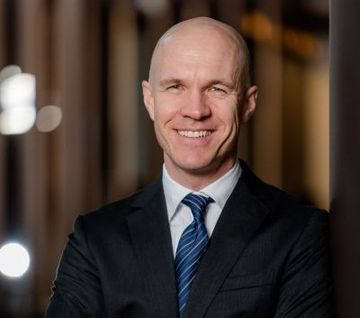International investors are transforming the German hotel market, with
seven domestic brands snapped up in the past few years.
INTERNATIONAL REPORT — Rising
leisure tourism, favorable exchange rates, and opportunities for conversions
and franchise partnerships are fueling international investor interest in the
German market, led by upscale and luxury investments in primary markets such
as Berlin, Frankfurt, and Munich, as well as increased activity in secondary
markets.
Germany is a priority growth market
for IHG Hotels & Resorts and one of Europe’s largest hotel markets with
strong domestic consumption, inbound and outbound travel, according to Karin
Sheppard, senior vice president and managing director, Europe for IHG. The
group is upping its scale in Germany through its 2024 partnership with Novum
Hospitality and the February acquisition of Ruby Hotels.
“From a development perspective,
Germany still has plenty of scope for increased brand penetration, particularly
in the middle and upper-midscale segments,” she said.
In line with its international
growth strategy, Sheppard said IHG sees in Germany “a runway for bolstering the
performance and position in these segments… and gaining a strong domestic
platform.”
Germany’s Federal Statistical
Office said there were a record 496 million overnight stays in the country last
year, the second highest in Europe and up 22.6% compared to 2023.
“We see immense long-term growth
potential there, which is why we are committed to investing heavily in the
market and expanding our portfolio,” Sheppard said.
IHG opened 14 hotels in Germany
during the first quarter and signed agreements for a further 16 hotels,
including 11 from the Ruby acquisition.
We see immense long-term growth potential there, which is why we are committed to investing heavily in the market and expanding our portfolio.
Karin Sheppard
Sheppard described the 30-year
franchise deal with Novum as a mass conversion deal that doubles IHG’s presence
in a priority growth market. It also enables IHG to introduce its midscale
conversion brand, Garner, and its extended-stay brand, Candlewood Suites.
Under the partnership, IHG’s German
portfolio is expected to expand to over 200 hotels across 100 cities, making
IHG one of the leading midscale and upper midscale players in the country.
About 50 of those will switch from
Novum’s upper-midscale brand, niu, to Holiday Inns.
“Significant progress had been made
with conversions and property improvements at many of the original 119 hotels
covered under the agreement,” Sheppard said, noting those are located
predominantly in primary and secondary cities.
“We’ve opened around 80 of these
hotels spread right across Germany in cities like Hamburg, Berlin and
Frankfurt,” Sheppard said, noting that IHG has also expanded its team and
investment in Germany to drive awareness of its brands and loyalty program.
Rise of international
investment
According to Horwath HTL,
international investors are transforming the German hotel market with seven
domestic brands snapped up in the past few years. They range from Radisson’s (then
Rezidor) progressive purchase of prizeotel between 2016 and 2019, Accor’s 30%
stake in 25hours in 2017 to IHG’s latest deal.
“Opportunities in existing hotels
are driving the market for hotel investors,” said Horwath HTL Managing Partner Christian
Buer. “New hotels are not being developed, or at least very few, with the
rising construction costs since the pandemic.”
This has seen new developments
being put on hold, said Buer, creating surging foreign investor interest.
“The brownfield market is on the
move, especially for hotels whose construction was completed before the
pandemic,” he said. “As competition for hotel properties in Germany is
currently low, foreign investors are paying closer attention to the German property
market… Yields are currently low. Lease agreements provide secure monthly
income.”
Buer said franchise agreements are
“a stable economic model in Germany,” attracting interest from all the major
global players, including Accor, Marriott and Hilton. The continuing growth in
demand for the franchises with white-label operators since 2010 has led to
greater brand density, especially in so-called B and C cities.
German brands benefit, too
While global brands are leveraging
successful German brands for European expansion, the reverse is also true.
Novum Hospitality CEO David Etmenan
said the collaboration with IHG has been a major driver of growth and a key
step in their successful global expansion strategy.
“It’s incredible what we have now
built as a new pipeline, with more than 60 new-build hotels,” he said. “The
50-50 co-branding together with IHG has given both parties the firepower to
accelerate, gain more visibility globally and attract investor interest.”
Holiday Inn – the niu Cure, Erlangen, was the first of over 50 brand collaboration properties set to open in Germany after the 30-year agreement.
Likewise, Etmenan described the
conversion of Novum’s Yggotels brand into Garners as a mutually beneficial
situation for both parties.
“We now have four Garner hotels in
the pipeline in Germany, which is one of the strongest markets outside of the
U.S. and U.K. and a target market,” he said.
In March, French investors PAI
acquired an 80% stake in Munich-based Motel One “to accelerate and support its
next phase of international growth while preserving its DNA.”
“Together with PAI, we believe that
we can use our fantastic position and grow the business to the next level,”
said Stefan Lenze, co-CEO of Motel One.
“PAI fully shares our vision and
plan for the future. We have grown the business to 100 hotels with 34 more
hotels in the pipeline in 15 countries in Europe and the U.S.,” he said. “This is a huge opportunity for
future growth. We remain fully committed to our German growth plan as there is
still a lot of room for Motel One in our home market, which is becoming
increasingly attractive for international travelers.”
For Lenze, the rise of Germany’s
leisure market is offering investors new opportunities.
“Germany is Europe’s largest
economy and the hotel market now reflects this,” he said. “Our new lifestyle
brand (Cloud One Hotels, which opened in New York in 2022) is reaching new
customers and giving us a second platform to grow.”
